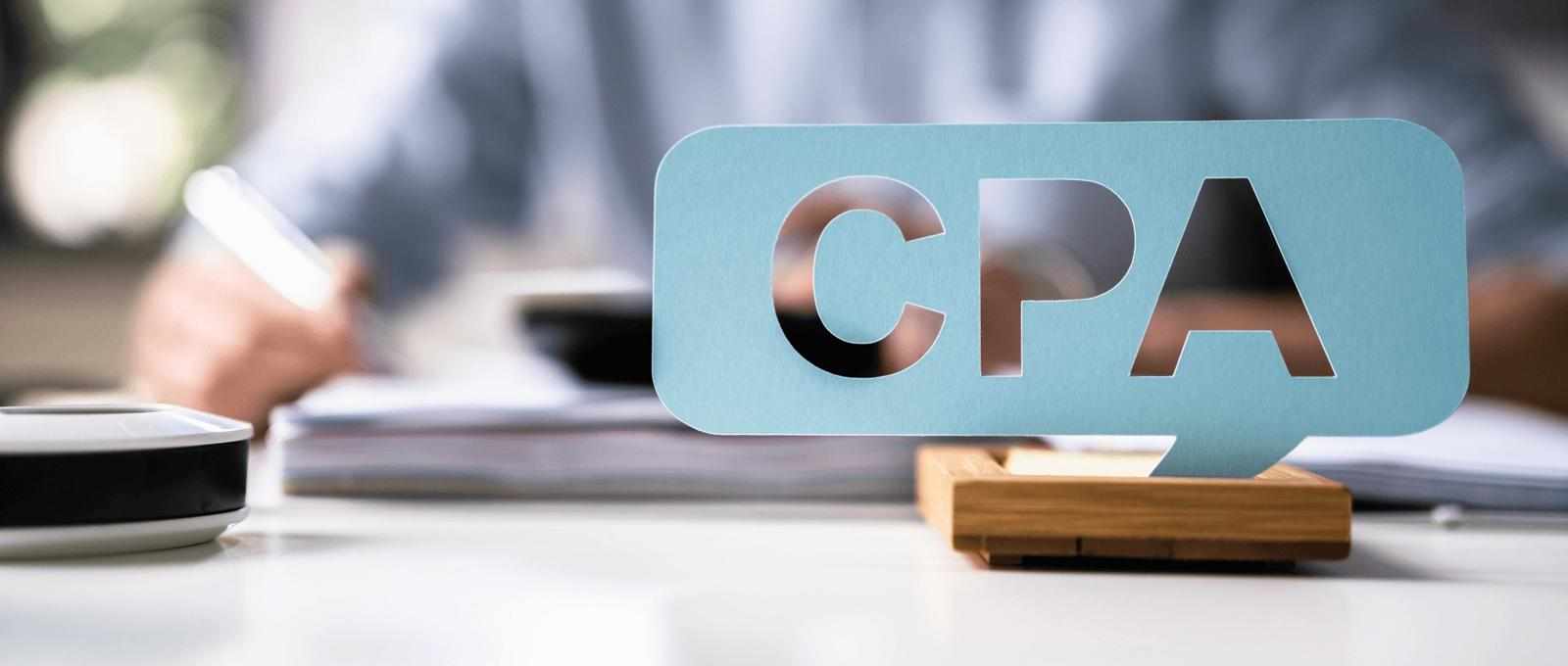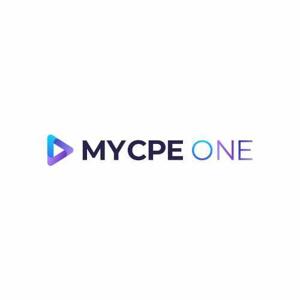
Why Continuing Professional Education (CPE) Matters for CPAs and Accountants
In the fast-evolving world of finance and accounting, staying updated with industry trends, regulatory changes, and new methodologies is crucial. As a CPA or accounting professional, maintaining your credentials requires earning CPE credits through structured learning programs. But with numerous options available, how do you efficiently accumulate CPE credits for CPAs and ensure compliance with licensing requirements?
This ultimate guide breaks down everything you need to know about CPE credits for accountants, from requirements to the best ways to earn them efficiently.
Understanding CPE Requirements for CPAs
Before diving into ways to earn CPE credits, it's essential to understand the requirements set by regulatory bodies such as:
AICPA (American Institute of Certified Public Accountants)
State Boards of Accountancy
NASBA (National Association of State Boards of Accountancy)
General CPE Credit Requirements
While each state may have specific rules, most CPAs need to complete 40 CPE hours annually or 80-120 CPE hours in a three-year reporting cycle. Common categories include:
Technical Learning: Accounting, tax, auditing, and financial reporting courses.
Ethics & Regulatory Updates: Often mandatory for renewal.
Professional Development: Leadership, communication, and business strategy skills.
Specialized Topics: Industry-specific learning for finance, healthcare, and technology sectors.
Best Ways to Earn CPE Credits Efficiently
1. Online CPE Courses – Flexible and Cost-Effective
Online learning is one of the most efficient ways to earn CPE credits for CPAs. It offers flexibility and allows professionals to complete courses at their own pace.
Top Benefits of Online CPE Courses:
Self-Paced Learning: Learn at your convenience.
Diverse Course Catalog: Covers multiple accounting and finance disciplines.
Affordable Options: Some platforms offer free or discounted courses.
2. Webinars and Live Virtual Events
Many CPAs prefer interactive learning formats such as webinars and live-streamed courses. These sessions often feature industry experts discussing regulatory updates, tax laws, and emerging trends in finance.
Why Choose Webinars for CPE? ✔️ Real-time interaction with instructors
✔️ Fulfills live CPE credit requirements
✔️ Covers trending topics with practical insights
3. Conferences and Seminars
Industry conferences provide a valuable opportunity to earn CPE credits for accountants while networking with peers and experts. Some major events offering CPE include:
AICPA & CIMA Conference
National Tax Conferences
State CPA Society Events
4. Self-Study CPE Programs
Self-study programs allow CPAs to earn credits through books, recorded courses, or research projects. These courses typically include an exam at the end to assess learning outcomes.
Best For:
CPAs with unpredictable schedules.
Professionals who prefer independent study.
Those looking for niche expertise.
5. Teaching and Writing for CPE Credit
If you're an experienced CPA, you can earn CPE credits by teaching courses, presenting at seminars, or publishing research papers. This option not only boosts your credentials but also contributes to industry knowledge.
How It Works:
Develop and present an accredited course.
Publish an article or research in an industry journal.
Serve as a panelist or guest speaker at an event.
Choosing the Right CPE Provider
With multiple providers offering CPE programs, selecting the right one is crucial. Consider these factors:
✅ Accreditation: Ensure the provider is NASBA-approved.
✅ Course Variety: Choose a platform that covers multiple finance and accounting topics.
✅ Ease of Access: Opt for platforms offering mobile and desktop-friendly learning.
✅ Pricing & Packages: Some providers offer subscription-based CPE plans for unlimited access.
Common Mistakes to Avoid When Earning CPE Credits
❌ Waiting Until the Last Minute
Many CPAs scramble to complete their CPE hours right before the deadline. This can lead to:
Taking lower-quality courses just to meet requirements.
Increased stress and poor retention of knowledge.
Missing out on engaging and valuable learning experiences.
❌ Ignoring Ethics Requirements
Each state requires a set number of ethics-related CPE hours. Failing to complete these may lead to penalties or renewal delays.
❌ Choosing Non-Accredited Providers
Always verify that your CPE credits for CPA are from an approved provider. Non-accredited courses may not count towards your licensing requirements.
Key Takeaways
✔️ Stay Ahead: Keep track of your CPE credits throughout the year.
✔️ Diversify Learning: Combine online courses, webinars, and in-person events.
✔️ Plan Smartly: Choose high-quality courses from accredited providers.
✔️ Leverage Free Resources: Some platforms offer free CPE options.
Get Started Today!
Earning CPE credits doesn’t have to be complicated. Whether you prefer online courses, live webinars, or self-study programs, there’s an option that fits your schedule and learning style.
🔹 Explore CPE Courses Now
🔹 Sign up for Webinars & Stay Updated!
Stay ahead in your accounting career by continuously enhancing your skills and maintaining your CPA license effortlessly!




















Write a comment ...